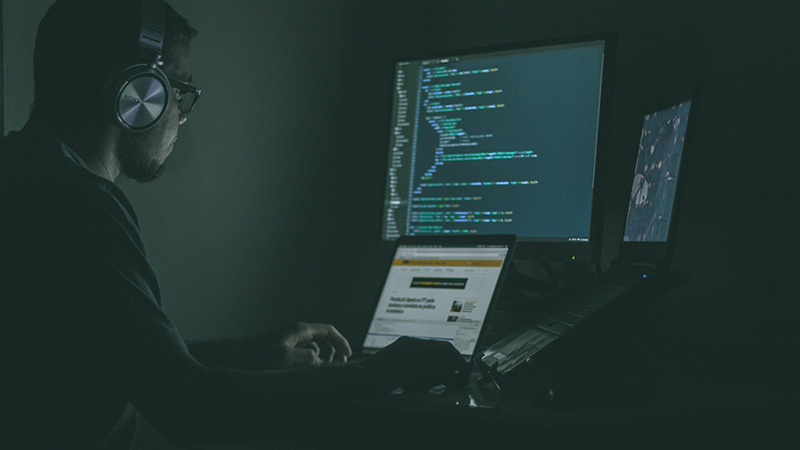Australia's cybersecurity fragility: just how vulnerable is business?
The announcement of the biggest ever package to fight cyberattacks confirms just how vulnerable Australia's cybersecurity really is to foreign economic espionage – and businesses must do more to protect themselves before it's too late




